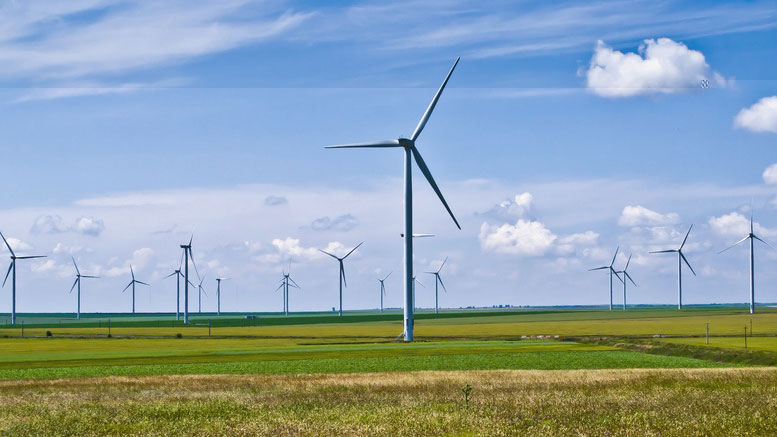Onshore wind farms can have significant impacts on the landscape, as typically they need to be spread over more land than other power stations and need to be built in wild and rural areas, which can lead to “industrialization of the countryside” and habitat loss. Conflicts arise especially in scenic and culturally-important landscapes. Siting restrictions (such as setbacks) may be implemented to limit the impact. The land between the turbines and access roads can still be used for farming and grazing.
Habitat loss and fragmentation are the greatest impacts of wind farms on wildlife. Wind turbines, like many other human activities and buildings, also increase the death rate of avian creatures such as birds and bats. A summary of the existing field studies compiled in 2010 from the National Wind Coordinating Collaborative identified fewer than 14 and typically less than four bird deaths per installed megawatt per year, but a wider variation in the number of bat deaths. Like other investigations, it concluded that some species (e.g. migrating bats and songbirds) are known to be harmed more than others and that factors such as turbine siting can be important. However, many details, as well as the overall impact from the growing number of turbines, remain unclear. The National Renewable Energy Laboratory maintains a database of the scientific literature on the subject.
Wind turbines also generate noise, and at a residential distance of 300 metres this may be around 45 dB; however, at a distance of 1.5 km , most wind turbines become inaudible. Loud or persistent noise increases stress which could then lead to diseases. Wind turbines do not affect human health with their noise when properly placed. However, when improperly sited, data from the monitoring of two groups of growing geese revealed substantially lower body weights and higher concentrations of a stress hormone in the blood of the first group of geese who were situated 50 meters away compared to a second group which was at a distance of 500 meters from the turbine.







